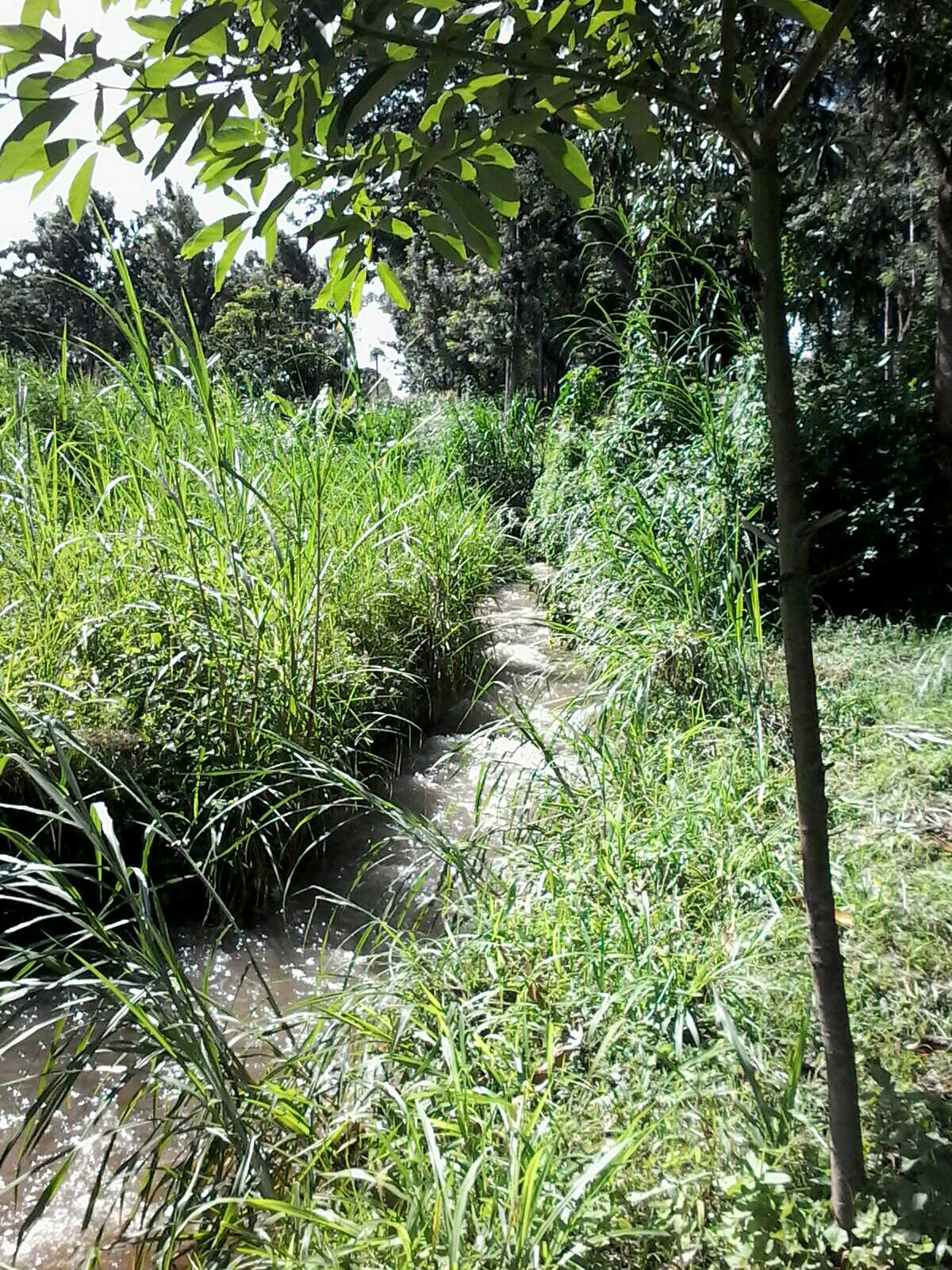
An oasis in the heart of Arusha, Themi Living Garden has been serving affordable vegetarian meals since 2015. A cooperative of six women from vulnerable families have helped transform the Themi Valley — which was once a hotspot of criminal activity — into a popular urban garden and restaurant. Themi Living Garden now attracts Tanzanians and tourists for a hearty, hot vegetarian lunch and a slice of quiet in one of the busiest parts of town. The presence of the restaurant and its many nature trails has also dramatically increased the safety of the area and helped to protect at least 100 hectares of vital riparian forest.
Themi Living Garden is currently the only restaurant in Tanzania promoting plant-based, healthy meals at an affordable price. But the affordability of food on offer hinders the accumulation of funds to pay for necessary maintenance of the space and surrounding area.
Considering that Tanzania is one of 10 high burden countries for obesity, there is a need not only to continue to support the successful work of Themi Living Garden in Arusha — but also to expand this work to reach a greater number of citizens with education about health living, nutrition, and dietary diversity.
Our goals:
Nutrition education: In the face of the sharply growing trend of obesity in Tanzania, the project will target at least 2,000 citizens of Arusha Municipality with awareness campaigns promoting healthy lifestyles and education about balanced diets and risks linked to obesity.
Youth focus: Young people should have the opportunity to eat fresh, healthy foods. This project will support the creation of edible gardens in four primary schools, as well as nutrition education for 1,000 school-aged children.
Renovation: Many of the structures originally built for Themi Living Garden are in need of renovation, while the women who are cooking and preparing meals require updated, working kitchen equipment. The project will also include a feasibility study for a mushroom production unit, which would allow the women to grow and sell mushrooms as well.
Technical support: The project will establish micro production areas to increase dietary diversity. To achieve this, 50 women-led families will receive training and equipment to create micro edible gardens, from which they can derive improved nutrition and, potentially, income.
Project area: Arusha Municipality
Project duration: 12 months
Funded by: Italian Government, IRPEF fund
Partners: Arusha Municipal Council